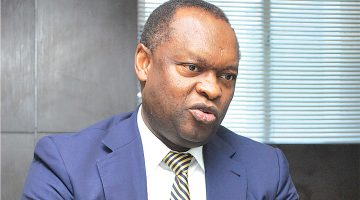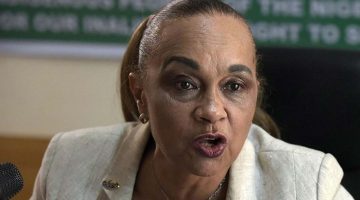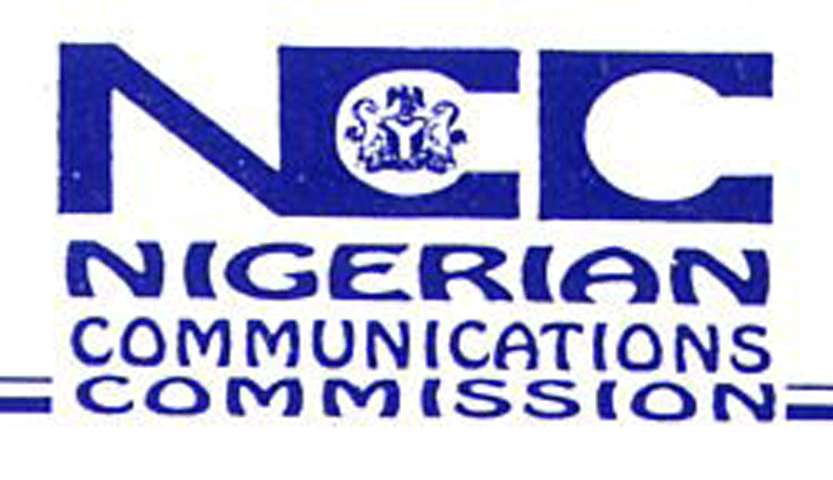. Empowers tertiary institutions via ADAPTI, DAP
ABOUT N8 billion has been earmarked by the Nigerian Communications Commission (NCC), as part of intervention fund to empower no fewer than eight universities in the country.
The NCC, which set standards and rules for telecommunications regulation in the country, said its intervention in Nigerian schools is to help prepare the country for the digital economy being unleashed by a growing telecommunications ecosystem that will further be enriched by an unfolding broadband regime.
According to the Executive Vice Chairman (EVC) of the Commission, Dr. Eugene Juwah, on Monday, in a document made available to journalists, the N8 billion intervention funds would provide a lift for four old generation and four new generation universities in the country.
Juwah explained that this is an improvement from last year when about N1 bilion was deployed for services in some higher institutions of learning.
The funds, he said will be deployed for e-learning centres in these universities to enable and facilitate learning online, real time whereby a single professor can teach several thousands of students without him seeing them.
“This is part of our mandate to intervene and deepen Information and Communications Technology (ICT) penetration in our universities and other tertiary institutions of learning”, said Juwah, who claimed that no agency of government has built and empowered schools through provision of ICTs more than the NCC.
“NCC promotes broadband penetration in these institutions as a major objective. So we want to transform the face of ICT in the country through our various interventions”, he stated.
Although this is not part of the NCC core mandate, but an intervention to cushion the lack of ICT or limited availability of it in the institutions. The policy is to capture areas of need since there is a growing awareness of ICT and some of the underserved communities are these universities and tertiary institutions of learning, Juwah explained.
Part of NCC interventions include: Advanced Digital Awareness Programme for Tertiary Institutions (ADAPTI). ADAPTI is aimed at improving the resource persons engaged in the process of impacting knowledge.
This programme was introduced to bridge the digital divide existing in the academia with the provision of computers and other ICT facilities to equip the lecturers and other experts in order to improve their ICT skills and to enrich the students.
The commission provides computers and other ICT systems to the beneficiaries, including installation of state-of-the-art e-learning suites for the Academics in tertiary institutions across the country. More than 300 institutions of higher learning have benefitted from the programme since its introduction in 2008.
The ADAPTI Programme supports Tertiary Institutions with the Provisions of 110 laptops Computers with E-learning facilities.
The objective is specifically designed to provide tools that support flexibility and mobility in the use and application of ICT in teaching and research.
Wireless Cloud Project The Wireless Cloud Project provides a platform for supporting campus-wide wireless access to Internet service for teaching, learning, research and development. The Commission provides the infrastructure, 12 months bandwidth supply, and 12 months maintenance support.
The principal objective is to encourage the use of ICT in academic development and facilitate easier access to the vast intellectual resources available globally. Tertiary Institutions Knowledge Center (TIKC) Project The TIKC was formerly known as Tertiary Access Project (TiAP) and it is aimed at facilitating connectivity to broadband internet with speed of up to 1Mbps in selected tertiary institutions thus facilitating a digital lifestyle.
Each institution that has benefited from the project received a total of 100 computers, 100 sets of chairs and tables, two printers with network facilities and fire walls with broadband Internet connectivity.
A total of 204 tertiary institutions have benefitted from the TIKC and the implementation in geo political zones is as follows: North West Zone (38), North East Zone (35), North Central Zone (37), South West Zone (34), South East Zone (29), South South Zone (31) and FCT (13).
University Inter Campus Connectivity (UnICC) The University Inter Campus Connectivity (UnICC) initiative is a collaborative project between the Universal Service Provision Fund (USPF) and the National Universities Commission (NUC) to facilitate the provision of ICT infrastructure for the National Research and Education Network (NREN) by inter-connecting Teaching hospitals and Medical Colleges to their respective Federal Universities.
The project will, amongst other things, achieve a seamless connection between the Universities and their Medical Colleges and Teaching hospitals to facilitate bi-directional communication for the purpose of sharing resources such as bandwidth, content, etc.
In the second phase of the project, relevant electronic components will be deployed in each of the benefitting universities to enable voice, data, video, and other multimedia services such as tele-presence to be achieved both intra-university and inter-universities.
A total of 16 Universities are benefitting from the first phase of the project. The list of Universities and corresponding campuses benefitting from this project include: Obafemi Awolowo University, Ile-Ife; University of Lagos, Akoka, Lagos; University of Ibadan, Ibadan; University of Ilorin, Ilorin; Usman Danfodiyo University, Sokoto; University of Abuja, Abuja; University of Maiduguri, Maiduguri; University of Jos, Jos; Bayero University (New Site), Kano; Abubakar Tafawa Balewa University, Bauchi. University of Port Harcourt, Choba, Port Harcourt.
Others are Nnamdi Azikiwe University, Akwa, Anambra; University of Benin, Benin City, Edo State University of Nigeria, Enugu; University of Calabar, Calabar; University of Uyo, Uyo.
In all, about 290km of Optic Fibre Cable (OFC) have been deployed to seamlessly link the 16 universities with their corresponding medical colleges and teaching hospitals. DAP – Digital Access Programme The NCC has also empowered several secondary schools across the 36 states and FCT with ICT tools via the Digital Awareness Programme (DAP). So far, no fewer than 262 secondary schools have benefitted from the programme.
The DAP project supports Secondary Schools with the provision of 21 Desktop Computers, Local Area Network, Printers, Scanners, VSAT Dish and one year Bandwidth Subscription for Internet Access after which the institution will be responsible for its renewal.
These facilities are complemented with standby generators and construction of computer laboratory. The objective of this programme is to facilitate ICT awareness, teaching and learning in schools. So far, more than 262 schools have benefitted from the Digital Access Programme (DAP).
The key objective of these programmes are to prepare the nation for a digital tomorrow and equip the youth with necessary skills to tap into the potentials of the digital age.
Many of the secondary schools including those in remote villages have testified how this programme has facilitated their online examination activities such as subscription to JAMB, WAEC, NECO among other examinations.
The idea is to ensure that our future leaders are early adaptors to ICT, especially the internet which has limitless resources.










